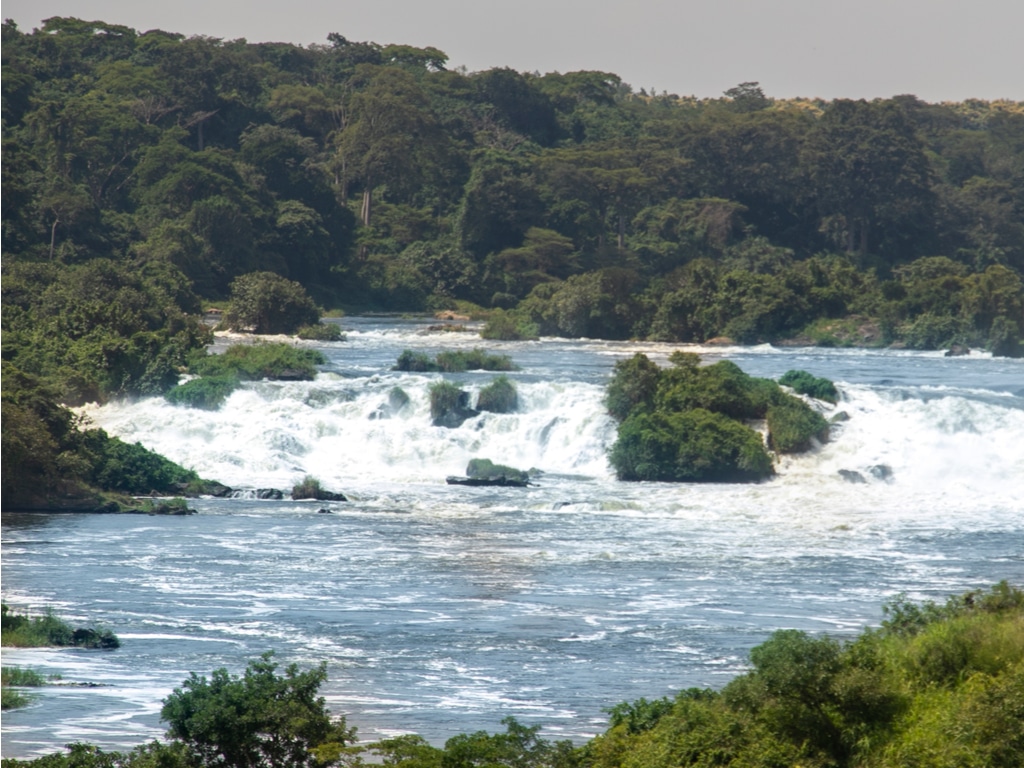The Ugandan government will improve the supply of drinking water in the north of the country. This will be through an on-going drinking water project in Gulu, the largest city in northern Uganda with an estimated population of over 150,000. This project will lead to the commissioning of a drinking water plant whose construction will begin in June 2021. But before reaching this important phase of the project, the National Water and Sewerage Corporation (NWSC) will build a water intake in Karuma to pump 30,000 m3 per day from the Nile.
The raw water will follow a 72 km pipeline to the city of Gulu where it will be treated in a plant with a capacity of 10,000 m3 per day. The public company NWSC is also planning reservoirs of 5,300 m3 each, as well as a pumping station. “Impressively, the civil works at the Karuma water intake have been completed; however, work on the treatment plant, reservoirs and pipeline is expected to start in June 2021 and be completed in June 2023,” says NWSC.
Supply to at least seven Ugandan towns
During a recent visit to the drinking water project site, Silver Mugisha, the managing director of NWSC said that the future facilities will solve the water problems in Gulu town. “A few years ago, our water source, the Oyitino Dam, and the taps in Gulu dried up due to the extreme weather conditions in the area. NWSC, with support from the UK government and in collaboration with other development partners, has launched plans to improve the reliability of water supply in the region,” he says.
The future facilities are expected to provide drinking water to more than 341,000 people in the towns of Gulu, Karuma, Kamdini, Minakulu, Bobi, Palenga, Koro-Abili and surrounding areas. These populations will thus be able to benefit from drinking water at least until 2040. The project will require an investment of 50 million euros financed by the Ugandan government with loans from the World Bank, the Kreditanstalt für Wiederaufbau (KfW), the German development agency, and the Commonwealth Development Corporation (CDC Group).
Jean Marie Takouleu
